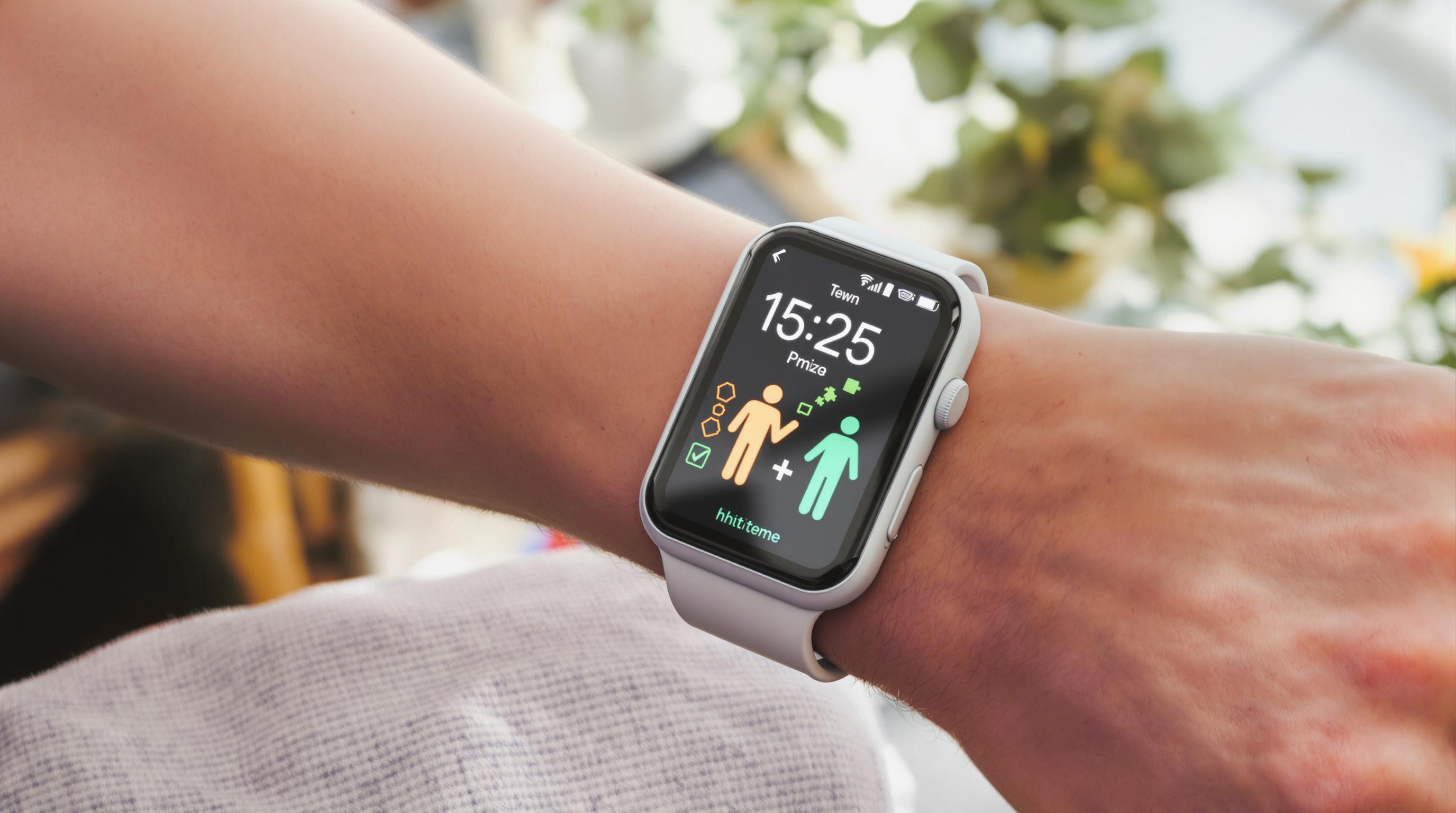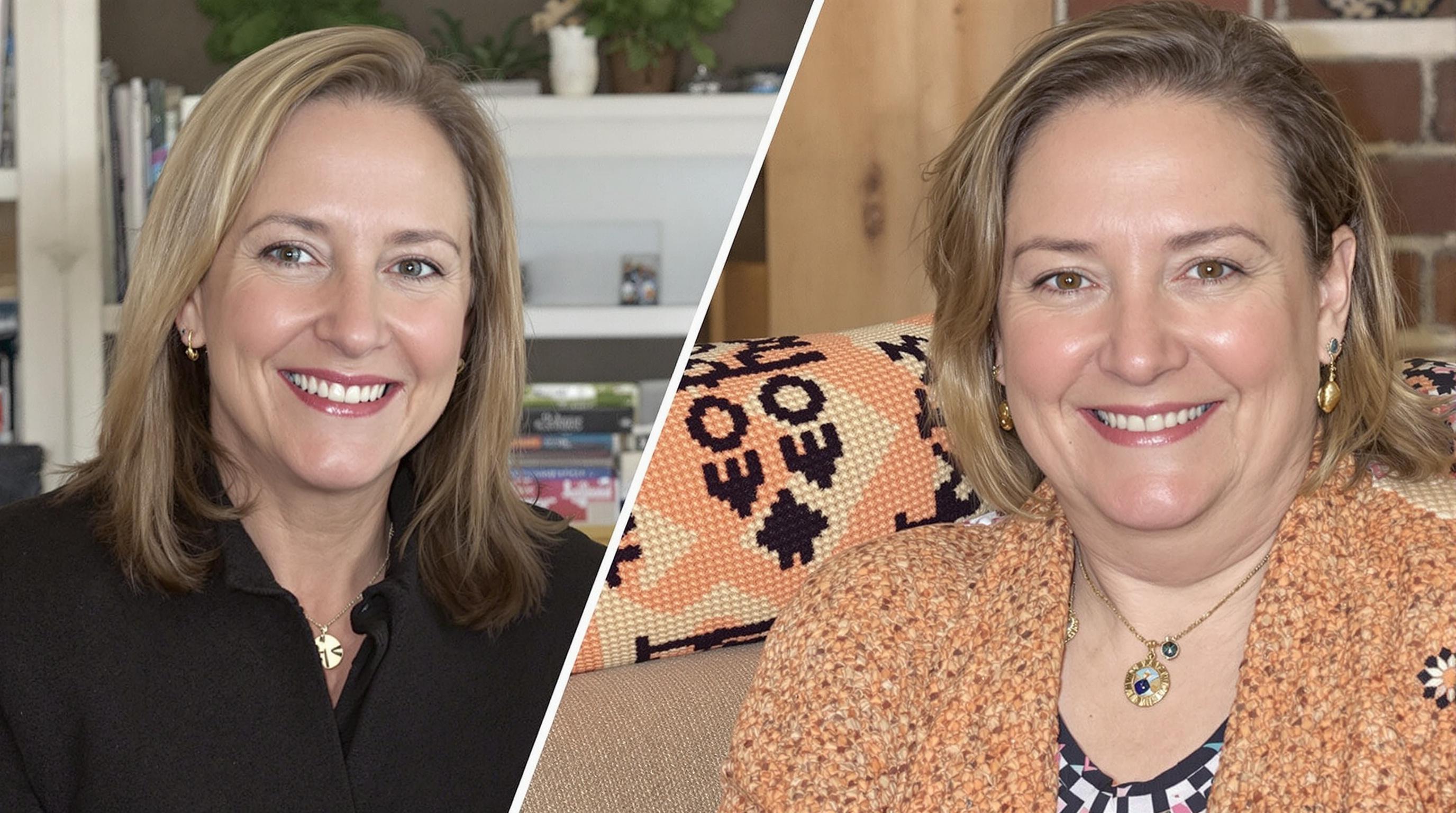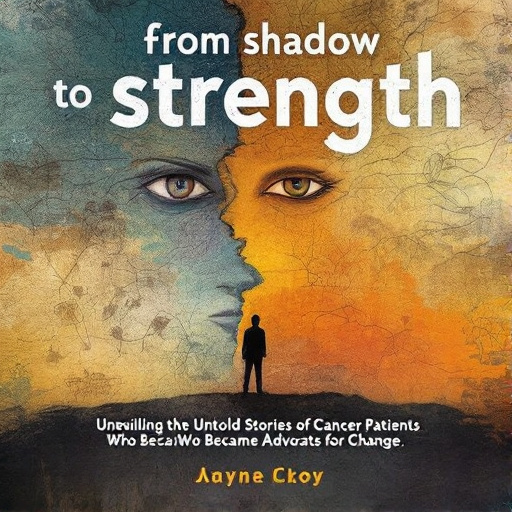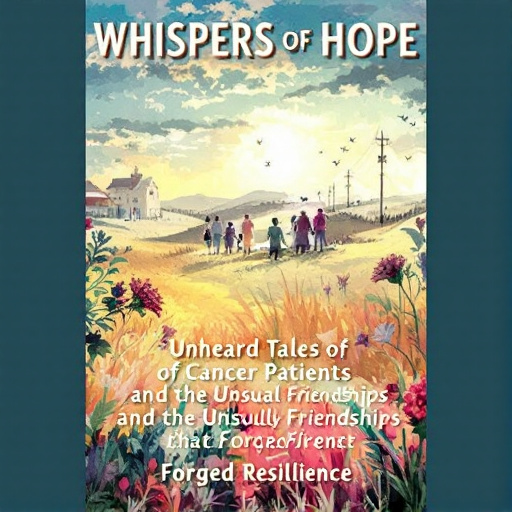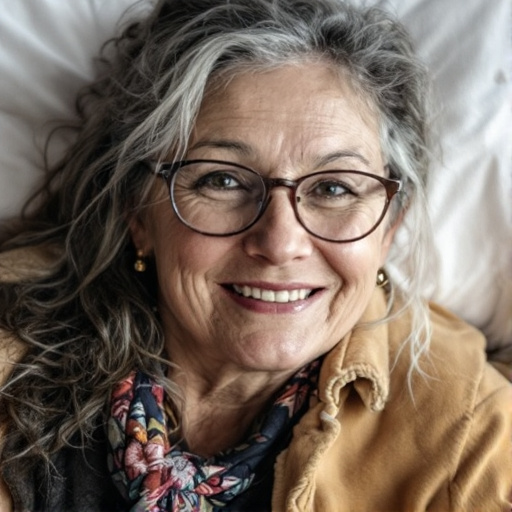Featured Articles
- 12 Pivotal Moments in Cancer Patients’ Lives That Shaped Unconventional Paths to Recovery
- Beyond the Diagnosis: The Unseen Impact of Cancer on Relationships and Social Dynamics
- Finding Light in the Shadows: Uncommon Spiritual Journeys of Cancer Survivors
- From Shadow to Strength: Unveiling the Untold Stories of Cancer Patients Who Became Advocates for Change
- Top 6 Wearable Tech Devices Revolutionizing Comfort and Support for Cancer Patients in Recent Years
From Shadow to Strength: Unveiling the Untold Stories of Cancer Patients Who Became Advocates for Change
From Shadow to Strength: Unveiling the Untold Stories of Cancer Patients Who Became Advocates for Change
From facing a life-altering diagnosis to emerging as fervent advocates for change, cancer patients are turning their trials into triumphs. Their stories reflect resilience, hope, and an unwavering commitment to helping others navigate the murky waters of illness, while also challenging societal perceptions of cancer and advocating for better care and policies.
The Transformative Journey
When life throws you a curveball, how do you respond? For many, a diagnosis of cancer can feel like a serene pool turned into a tumultuous sea. The stories of those who chose to emerge from the shadows of their illness and fight for changes in cancer care and awareness reveal a powerful journey of transformation.
Case Study: Sarah’s Fight
Meet Sarah, a vibrant 28-year-old teacher who was diagnosed with stage III breast cancer. Initially overwhelmed, her journey took a pivotal turn when she realized that sharing her story could ignite change. “I was tired of being just a statistic,” she said. “I wanted to be a voice for those who felt voiceless.”
Statistics show that young adults represent a concerning demographic in cancer diagnoses, with the National Cancer Institute reporting a rise in breast cancer cases among women under 40. Empowered by her diagnosis, Sarah became an advocate for early detection and education, launching a campaign in her community that has reached over 5,000 people. Her story is one of numerous examples demonstrating how individuals can shift from being passive recipients of medical care to proactive changemakers.
Cancer in the Workplace: A Call for Change
Many cancer patients face daunting challenges in the workplace. According to the American Cancer Society, about 20% of cancer survivors report job discrimination based on their health status. It’s alarming that many professionals have faced discrimination simply because they had the courage to fight a life-threatening disease. This only highlights the need for systemic changes in workplace policies regarding health crises.
Advocates like Tom, a 55-year-old software engineer who beat lymphoma, are now fighting for more inclusive workplace policies. “Just because you’re diagnosed doesn’t mean you stop being a valuable asset to a company,” Tom argues passionately. His story resonates with many who feel isolated in their struggles, and he stresses support systems can foster resilience rather than create silos. By sharing their journeys, advocates like Tom are calling for vital legislation to protect workers battling cancer.
Humor in Hardship
Humor can be a potent tool in the battle against cancer. Meet Martha, a 34-year-old mother who faced her treatment with a lighthearted attitude, often injecting humor into her circumstances. “I used to say, look at the bright side; when I lost my hair, I could finally wear a wig—and wear it blue!” she chuckles. This playful attitude became her armor, and she started a blog called “Cancer and Comedy” where she shares insightful stories laced with humor.
While humor may not cure cancer, studies indicate that laughter can genuinely help with emotional healing, reducing anxiety and improving overall well-being. Her online presence blossomed, attracting thousands of readers and demonstrating the power of lightheartedness amid adversity. Martha also partnered with organizations like “Laugh for Life,” raising funds that support emotional health resources for cancer patients.
A Non-Profit Movement
After receiving support from a local cancer organization, Emily decided she wouldn’t just be a beneficiary but would also give back. She started a non-profit organization focused on community care and advocacy for cancer patients while she was still undergoing treatment for ovarian cancer.
“I realized that I was one of the lucky ones to have the support I needed,” Emily reflects. “Many don’t, and I wanted to change that.” She founded “Lifespring,” an organization dedicated to providing emotional support, financial counseling, and community outreach programs for cancer patients.
Emily’s work serves as a powerful example of how individuals can turn their frustration into action, pushing for systemic changes that benefit others. Since its inception, Lifespring has helped over 1,200 families navigate the complexities of their diagnoses, and she’s grown her networks far beyond her local community, speaking at national forums and advocating for policies that better the lives of cancer patients.
The Ripple Effect
The impact of stories doesn’t stop at individual advocacy; they create a ripple effect. Each survivor who steps into the light shares a story that can ignite courage in others. These narratives can foster connection and create a sense of community among those who may be feeling alone in their struggle. “I never thought I’d become an advocate, but after sharing my journey, I felt like I had to keep going,” reflects Mark, a 40-year-old colorectal cancer survivor.
Mark’s blog, “Journey to Recovery,” has gathered a readership in the thousands, inspiring countless individuals to confront their fears. His candid reflections about life post-diagnosis touch on the raw honesty of facing mortality while encouraging readers to pursue dreams they put aside during their battles. Through his writing, he educates others about preventative measures and the importance of screenings, aiming to foster a proactive approach to health.
A Global Perspective
While many stories originate from personal experiences in the U.S., the global perspective on cancer advocacy can reveal even more inspiring tales. Take, for instance, the story of Aisha, a young woman from Nigeria whose mother passed away due to a lack of access to suitable cancer treatment. Aisha, now a public health researcher, founded a grassroots organization aimed at improving awareness and access to treatment for women in her community.
“In many of our communities, cancer isn’t talked about,” Aisha says. “It’s still seen as taboo, leading to late diagnoses and avoidable deaths.” Through fundraising, workshops, and community dialogues, her organization has educated over 10,000 individuals, bringing attention to both prevention and treatment for cervical and breast cancers.
These international stories remind us that the fight against cancer transcends borders, and inspires advocates across different cultures to make impactful changes—they are constantly seeking renewable ways to foster health equity and create sustainable solutions in their communities.
Breaking the Stigma
Part of the advocacy journey includes breaking the stigma around cancer. Many advocates share stories of how they first encountered judgment—a family member who couldn’t understand why they couldn’t just “tough it out,” or a friend who disappeared during treatment.
Sharing these experiences fosters conversations that lead to greater awareness and understanding. The National Cancer Institute states that one in three people will receive a cancer diagnosis in their lifetime, yet misunderstandings about the disease continue to hamper those fighting it. “It’s exhausting,” shares Lisa, a 22-year-old cervical cancer survivor. “I just wish people understood that it’s not a personal failure.”
Lisa’s advocacy aims to shed light on these societal misconceptions. She has launched an awareness campaign via social media called “#SilentNoMore,” encouraging individuals to share their stories—an initiative that has seen participation from thousands worldwide. Their collective narratives not only uplift others but instigate conversations that continue far beyond their posts.
Empathy in Action
The transition from patient to advocate often reveals a deeper understanding of empathy and support. These cancer warriors highlight that advocacy is more than just about fighting for policies—it's about connecting with others’ experiences. Jennifer, a 45-year-old melanoma survivor, started visiting patients in her local oncology unit to offer companionship and advice.
“I wanted to share hope directly, face-to-face,” she states. “I remember feeling scared and alone, and I committed to becoming someone who could provide comfort.” Her initiative grew unexpectedly, expanding into a mentorship program pairing survivors with newly diagnosed patients. The psychological benefits of peer support have been documented in various studies, reinforcing Jennifer’s impact in her community.
Crafting Change—One Story at a Time
As we dissect the layered narratives of cancer patients who became advocates, we see distinct patterns—resilience, shared experiences, and an unyielding desire for change. One-by-one, these individuals have crafted their own stories as well as those of countless others, transforming their fights into triumphs. Their journeys remind us that advocacy is a symphony composed of many voices, each contributing vital notes toward a greater cause.
In the words of Susan, a 63-year-old colon cancer survivor turned author: “Our stories have the power to change the world; we just need to share them.” Each tale of survival, each fight against the odds not only reinforces a personal narrative but also propels societal change—a beautiful reminder that from the shadows can emerge an unwavering strength that illuminates paths for others.
Conclusion: A Call to Action
As we conclude our exploration, it is clear that the transition from shadow to strength is more than just a personal journey; it’s a collective call to action. Whether by sharing personal stories, starting organizations, or advocating for policy changes, every cancer survivor has the potential to impact others profoundly. It’s up to us—youth, adults, and elders alike—to listen, learn, and contribute to this ever-expanding narrative of hope and resilience.
In the end, every voice matters. Together, let’s amplify these courageous advocates as they pave the way for a future where stigma around cancer is dismantled, support is robust, and every patient feels seen and heard.
